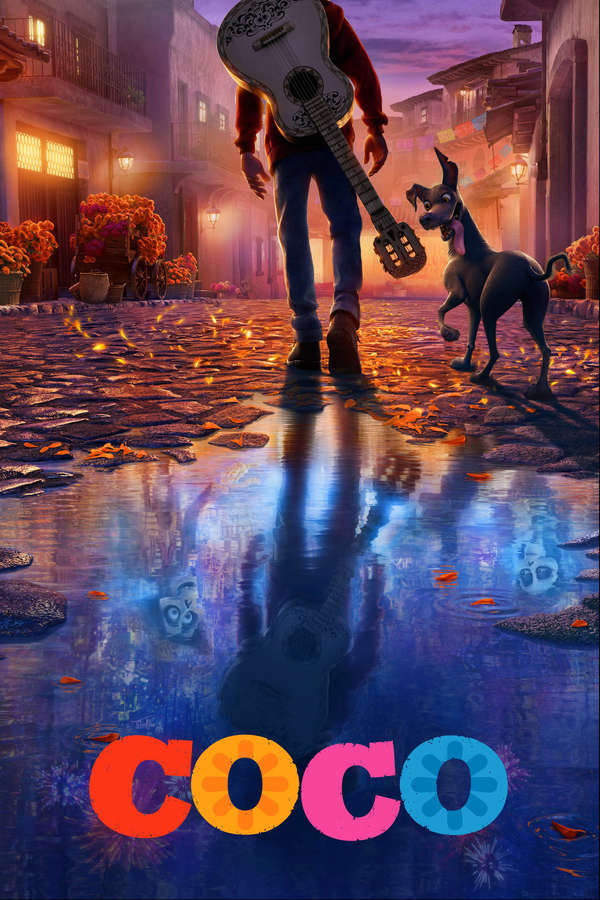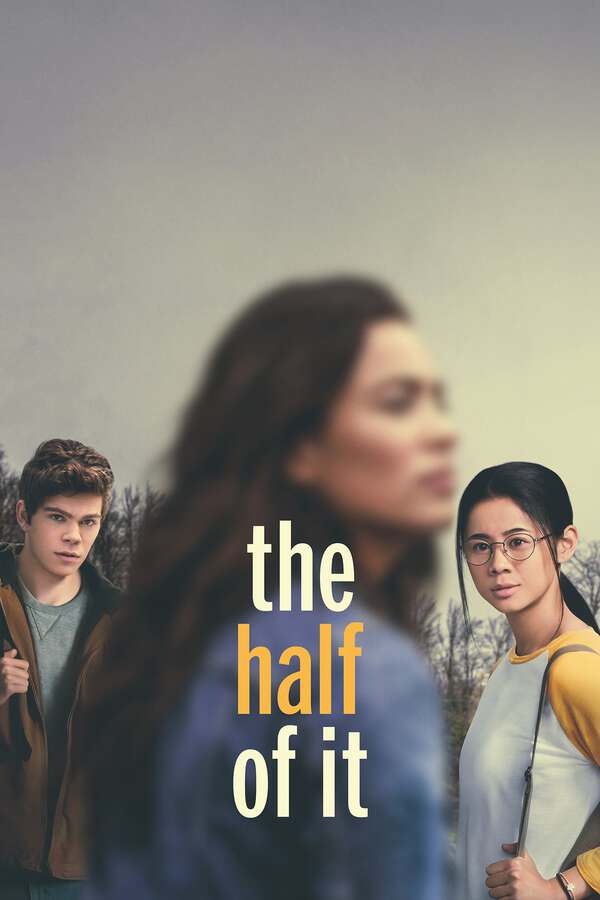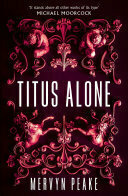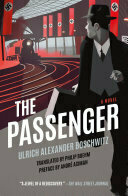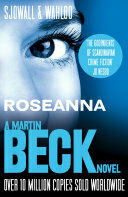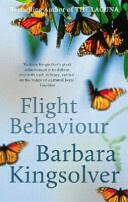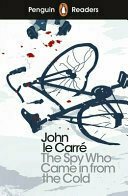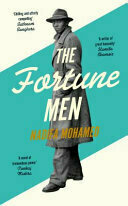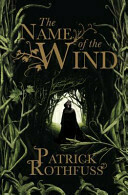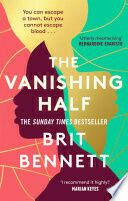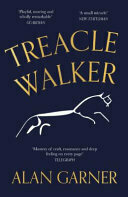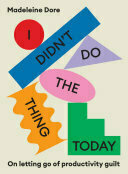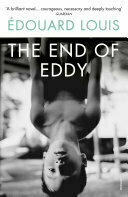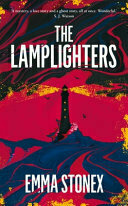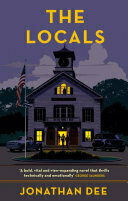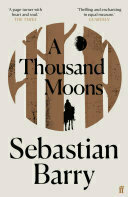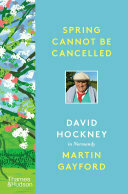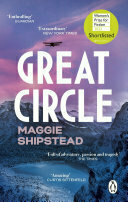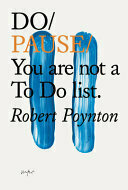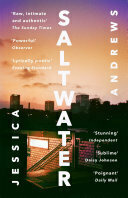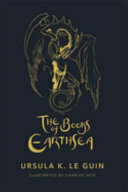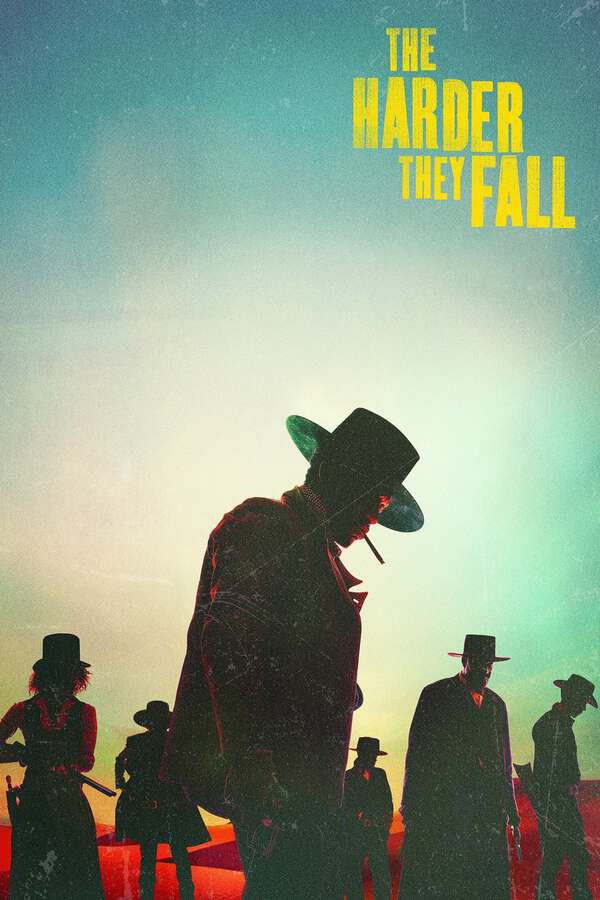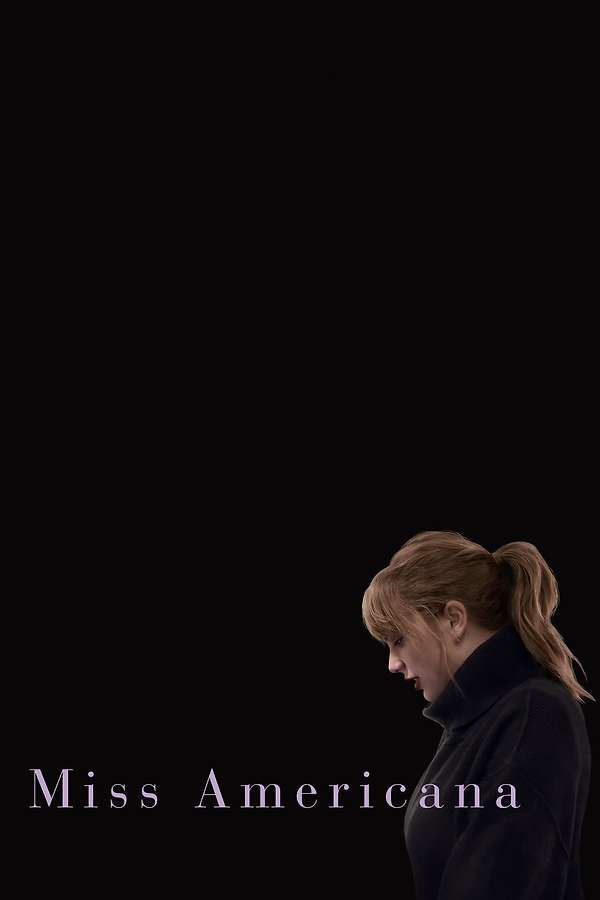macro
- The Name of the Wind
- Treacle Walker
- The Vanishing Half
- Spring Cannot be Cancelled
- Great Circle
- finishing the set up for our next accountability group
- running a quarterly planning session
- research for an upcoming talk on the role of personal development in the transition to self-employment
- writing a brief and marketing plan for the freelancer away days I’m running later this year
- a project plan for my next group coaching programme
- watched finals day of The Hundred
- had a games and pizza night with a couple of friends
- prepped all the fruit we brought home ready for the freezer
- visited a friend in her new flat for Sunday lunch
- went for a stroll at the coast
Glass Onion: A Knives Out Mystery, 2022 - ★★★
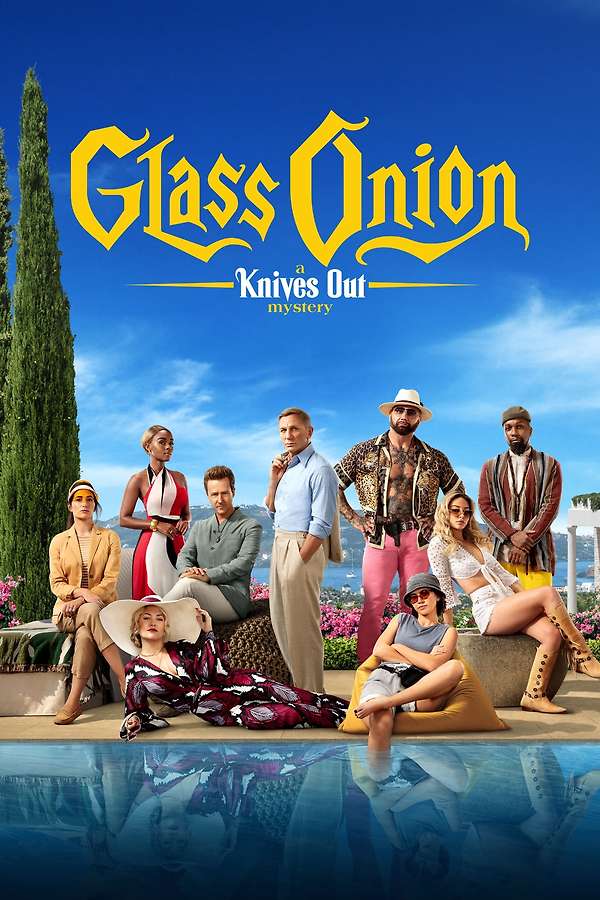
Ridiculous and entertaining. I think I marginally preferred this second outing for Benoit Blanc to his debut.
There were moments however where I was pulled out of the story and reminded these "disruptors" with their endless pots of money and huge egos are out there causing havoc in the real world.
Wedding Season, 2022 - ★★

A friend recently introduced me to the concept of “fake date” films and this one certainly fits the bill. One of the better films I watched in my pre-Christmas, cold induced rom-com binge.
Falling for Christmas, 2022 - ★★

There should be a special star rating system for Christmas films. This one was actually better than I expected.
Beauty, 2022 - ★★

I liked the style of this film, including the decision not to let us hear Beauty sing. Ultimately it’s a tragedy and felt reminiscent of what I know about Whitney Houston’s life, which left me wondering whether the character of Beauty was based on her.
Overall, I felt the filmmaker was trying a bit too hard and failed to create any connection for me with either the characters or story.
Inside Out, 2015 - ★★★★
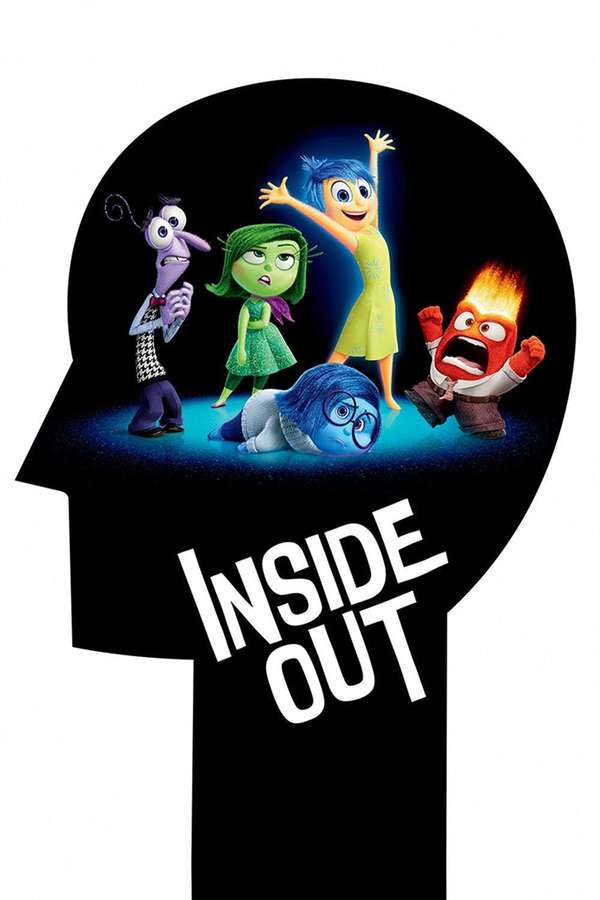
Thoroughly enjoyed this. Pixar at its best.
… slightly concerned the guiding emotions in my head behave a little like those in Dad’s head though.
2022: A year in books
Here are the books I finished reading in 2022. I didn’t set myself a goal, it’s not helpful for me. Instead I prefer to aim to read a little every day. The final count of 18 feels about average for me over the course of a year.
Of these titles, the standouts were:
Joker, 2019 - ★★★

I don’t know what to make of Joker. It made me feel supremely uncomfortable and I don’t know if that’s a result of its brilliance or because it vastly missed the mark. What I do know is Joaquin Phoenix is always intriguing.
This rating could have been a 2 and could have been a 4, so I split the difference.
Good Luck to You, Leo Grande, 2022 - ★★★★

I was surprised by how much I enjoyed this film and glad I left my judgments aside when invited to see it.
2022: A year in the park
I took 12 photos from the same spot in a local park this year. One for every month of the year, just to see how things changed over time.
What surprised me is how little these pictures really differ, and those differences are mostly down to the weather and time of day the picture was taken.
January
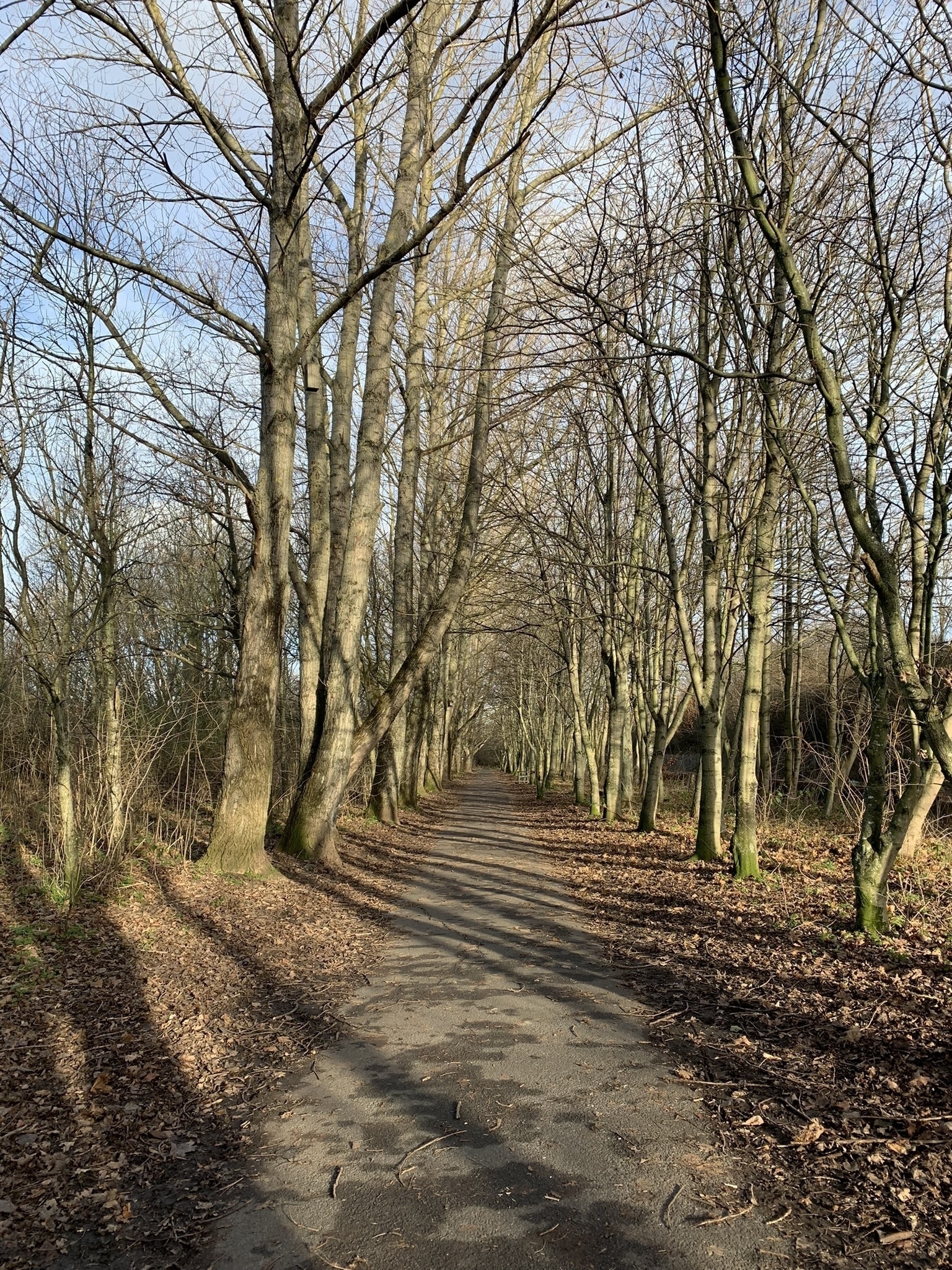 February
February
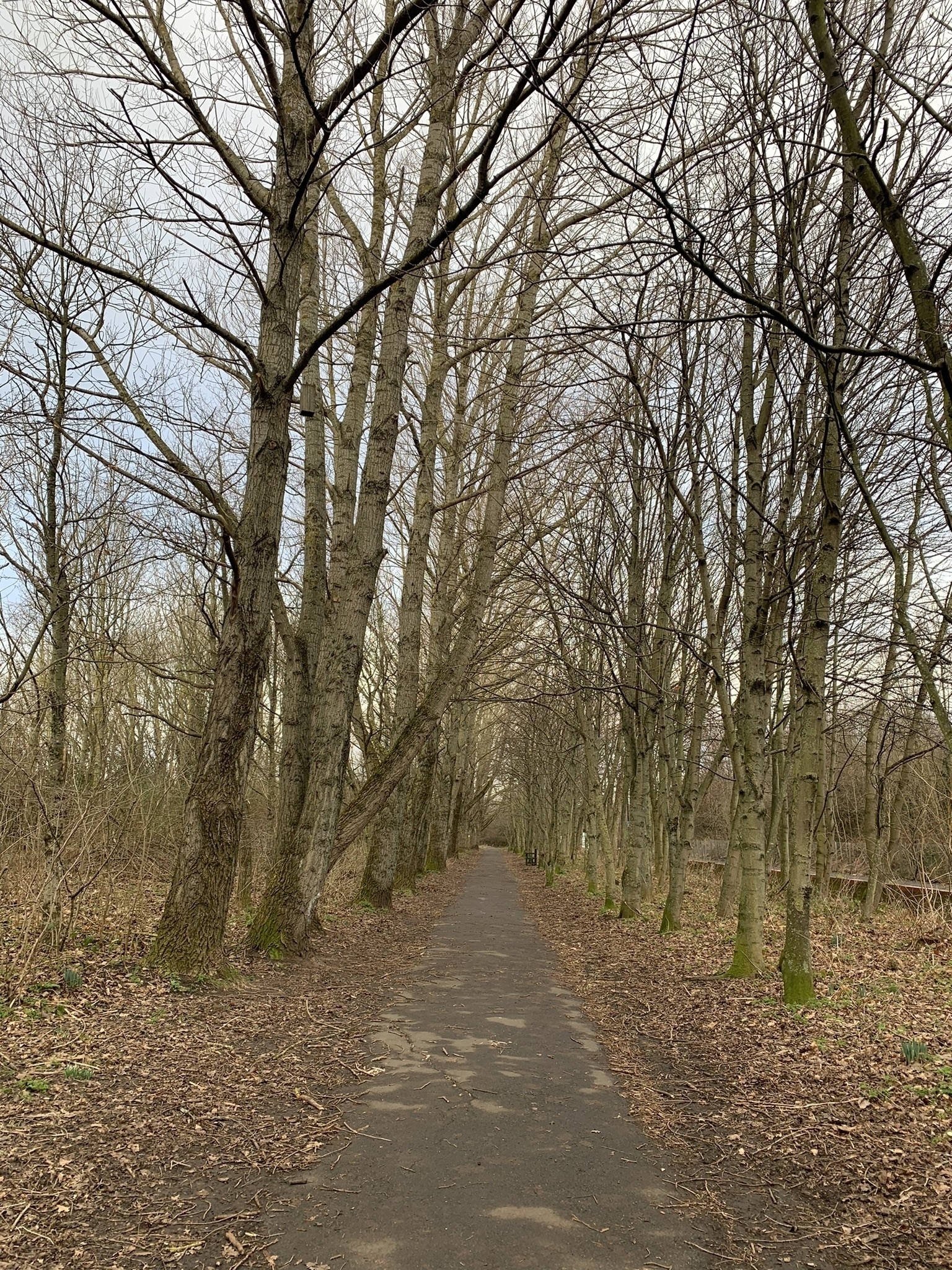 March
March
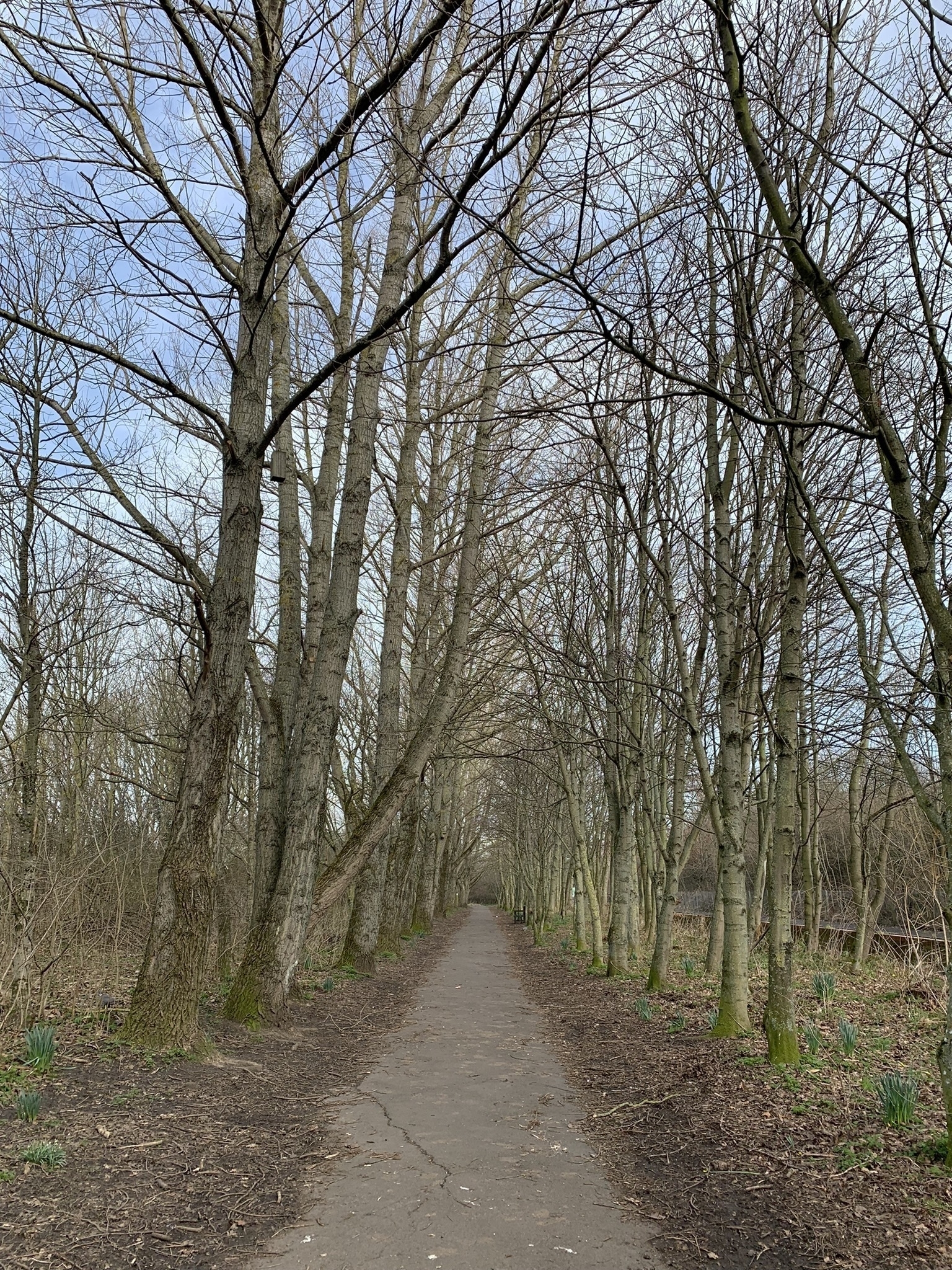 April
April
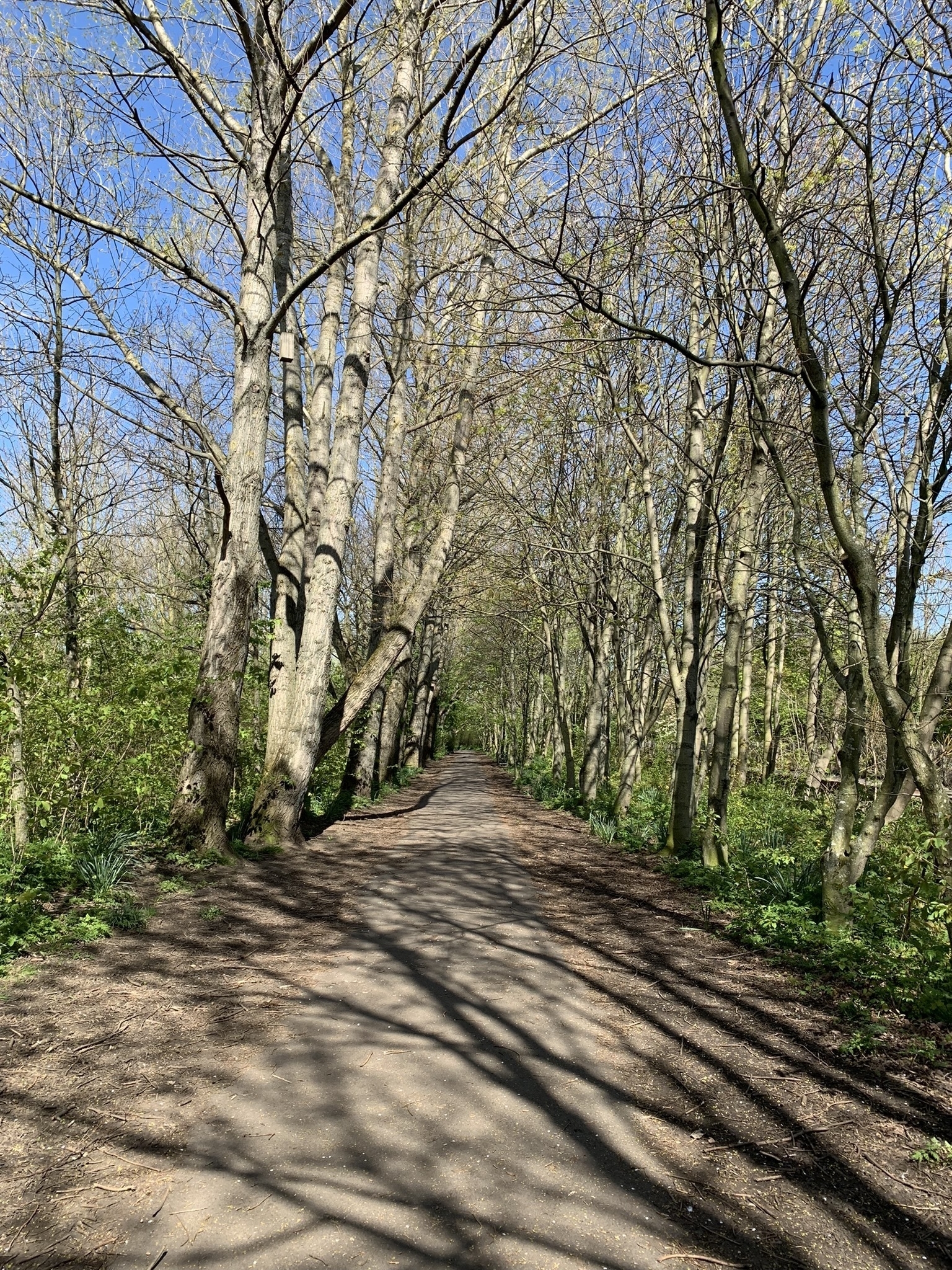 May
May
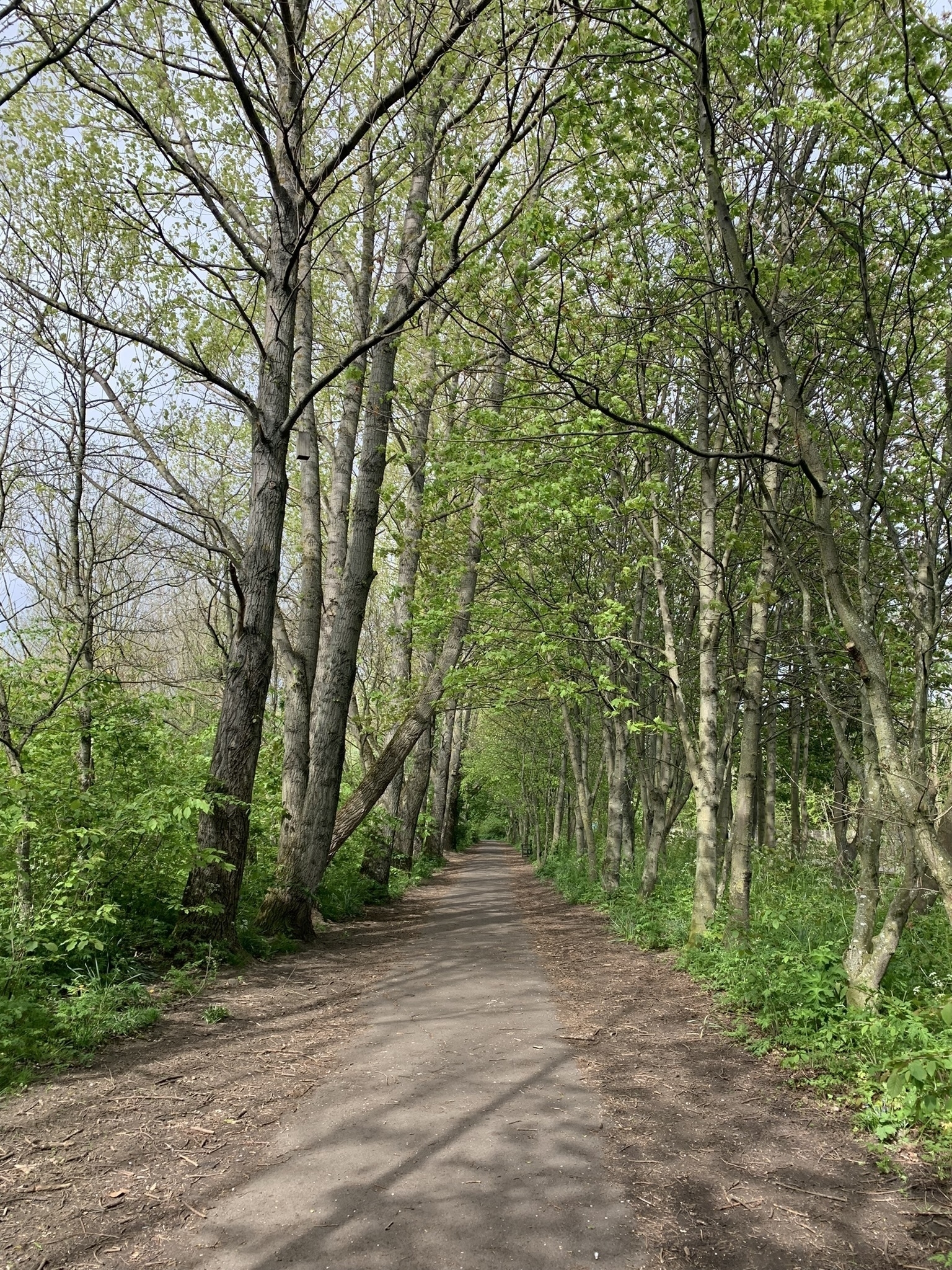 June
June
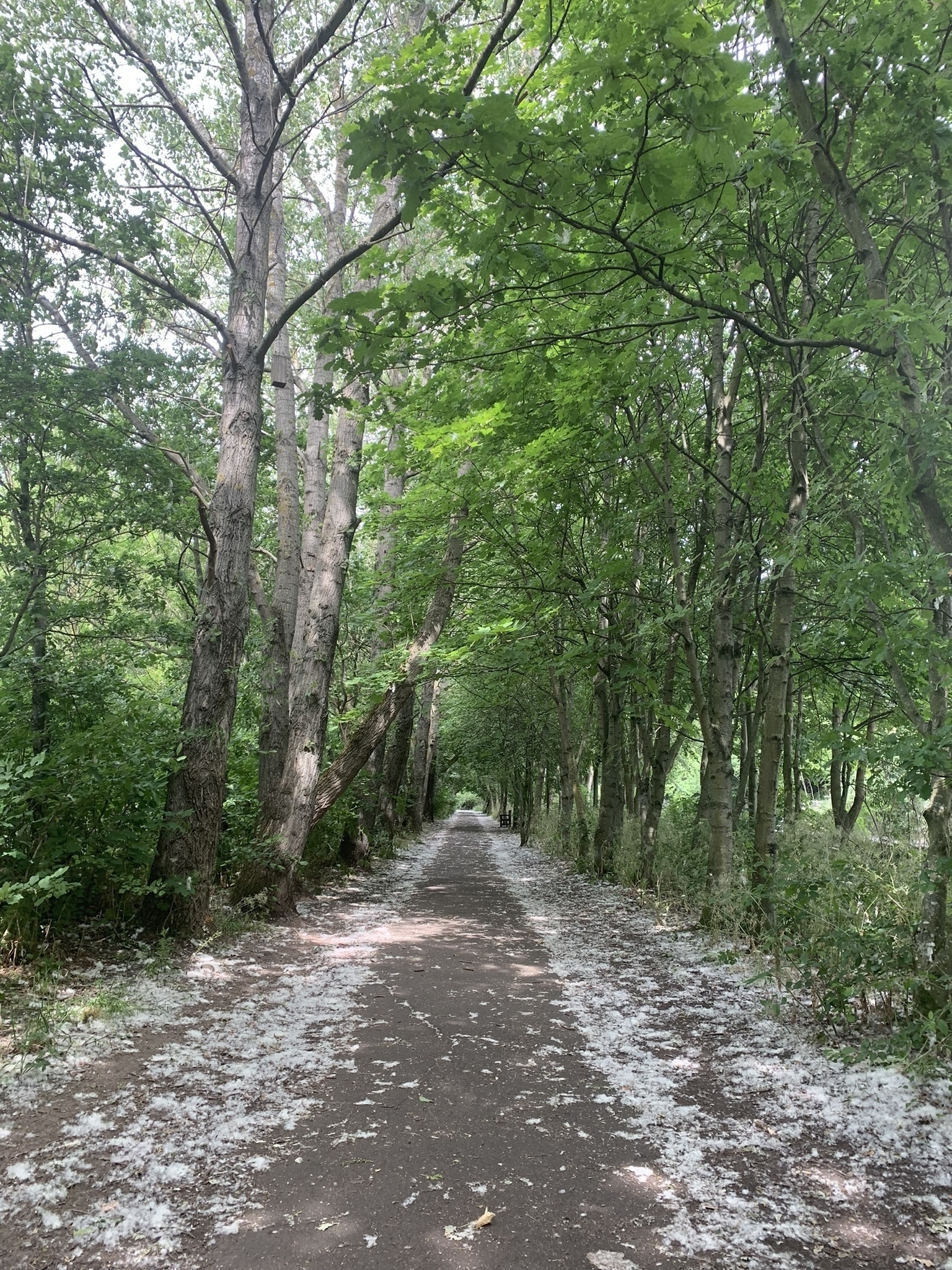 July
July
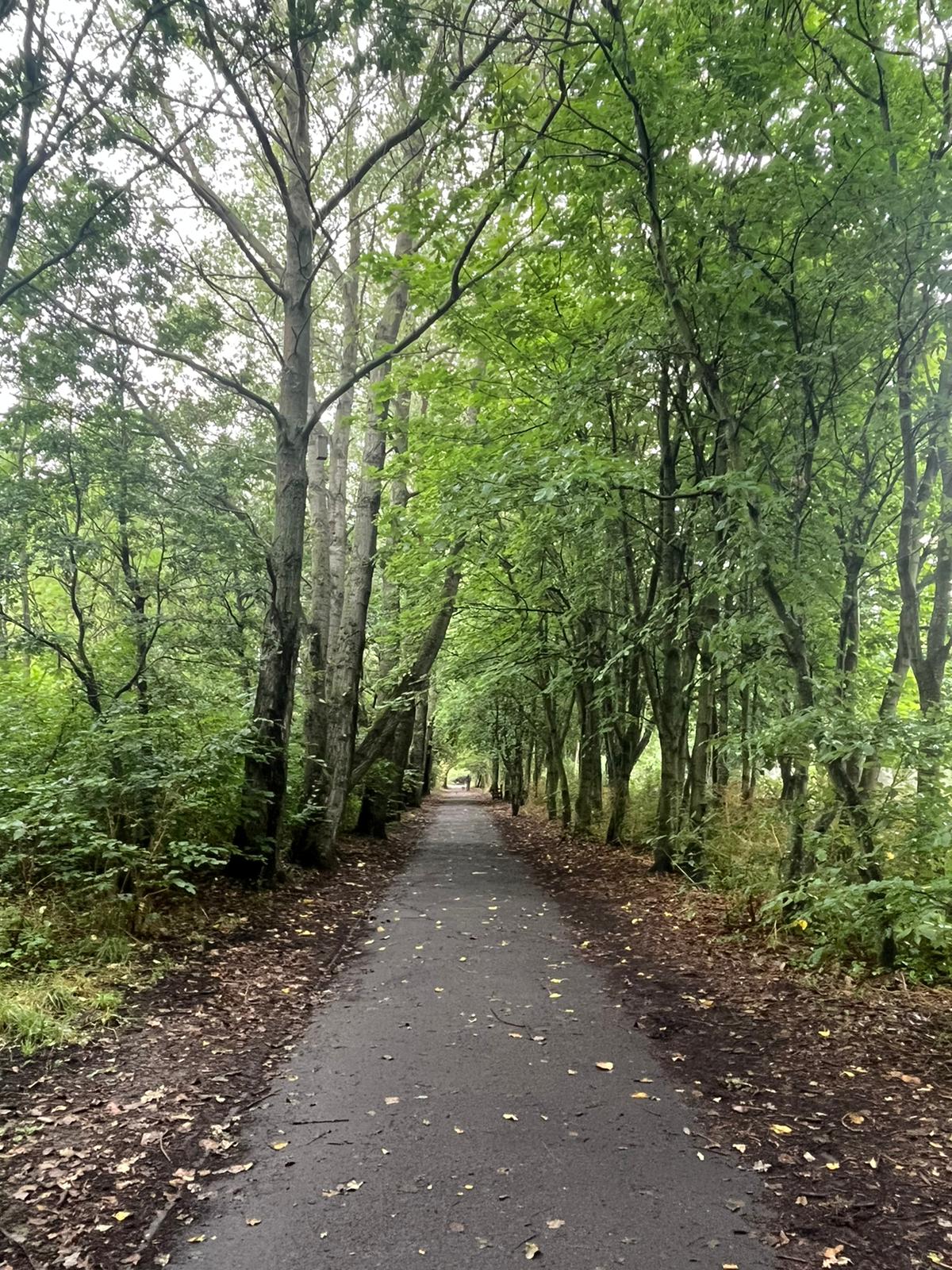 August
August
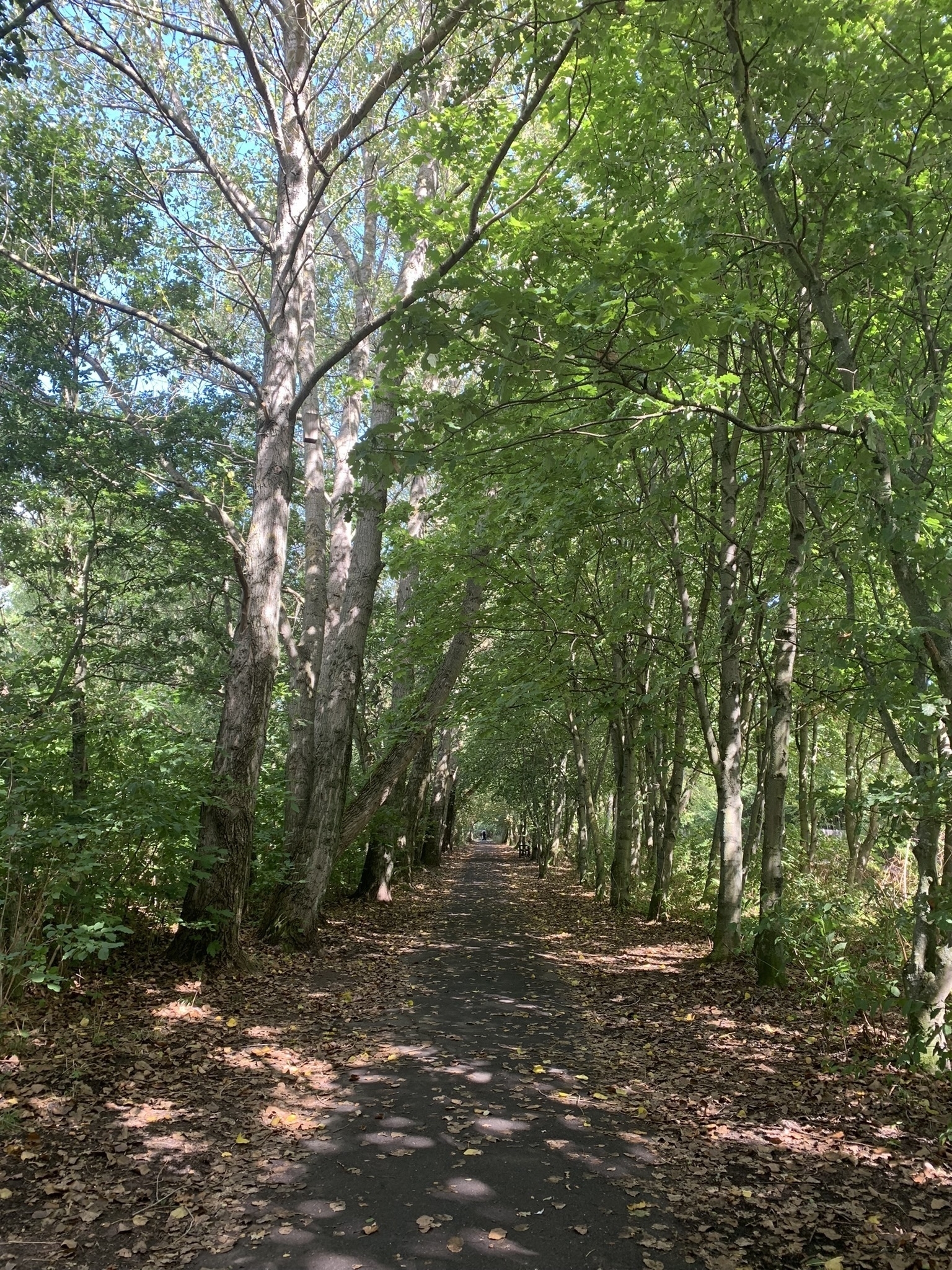 September
September
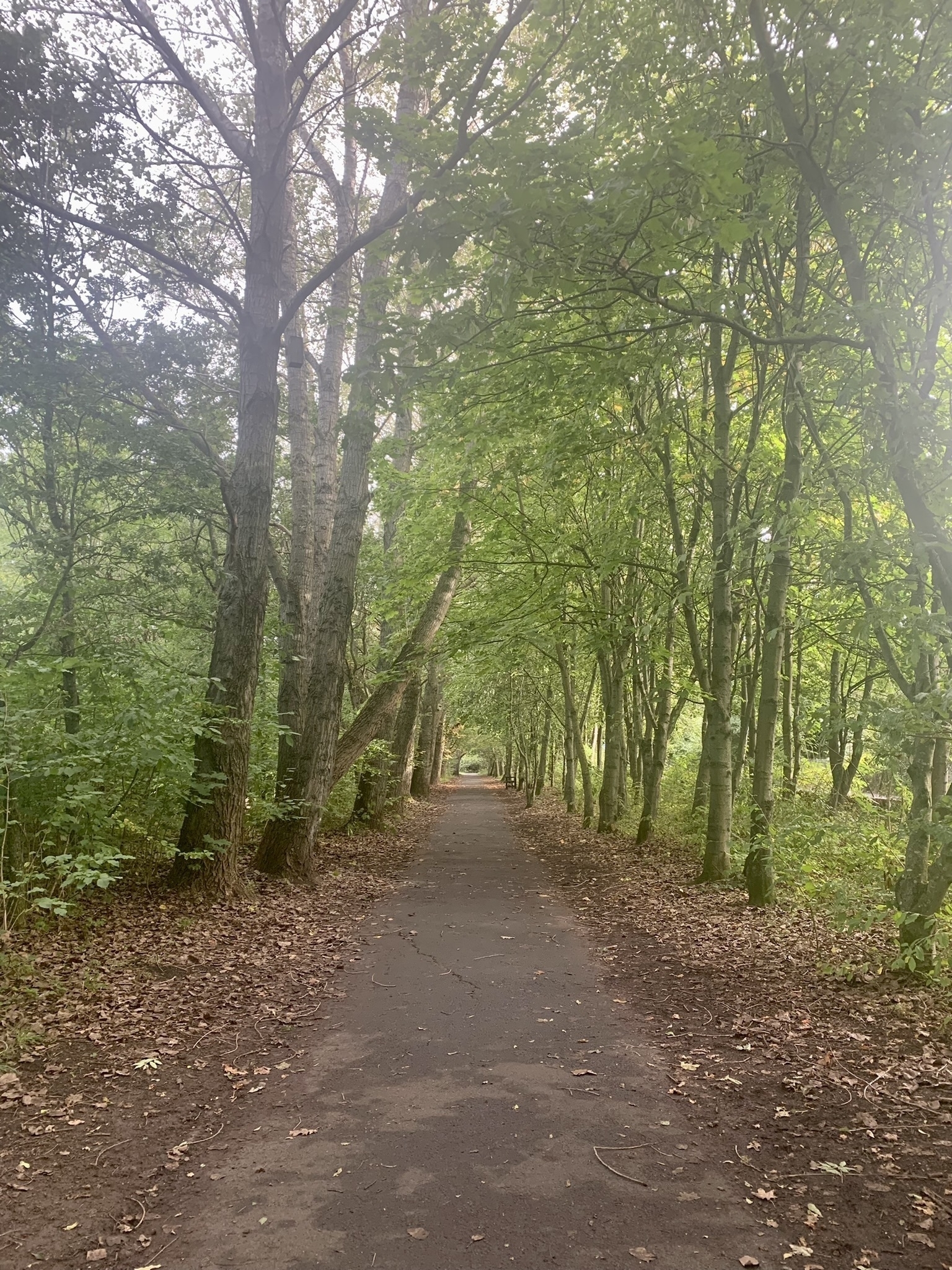 October
October
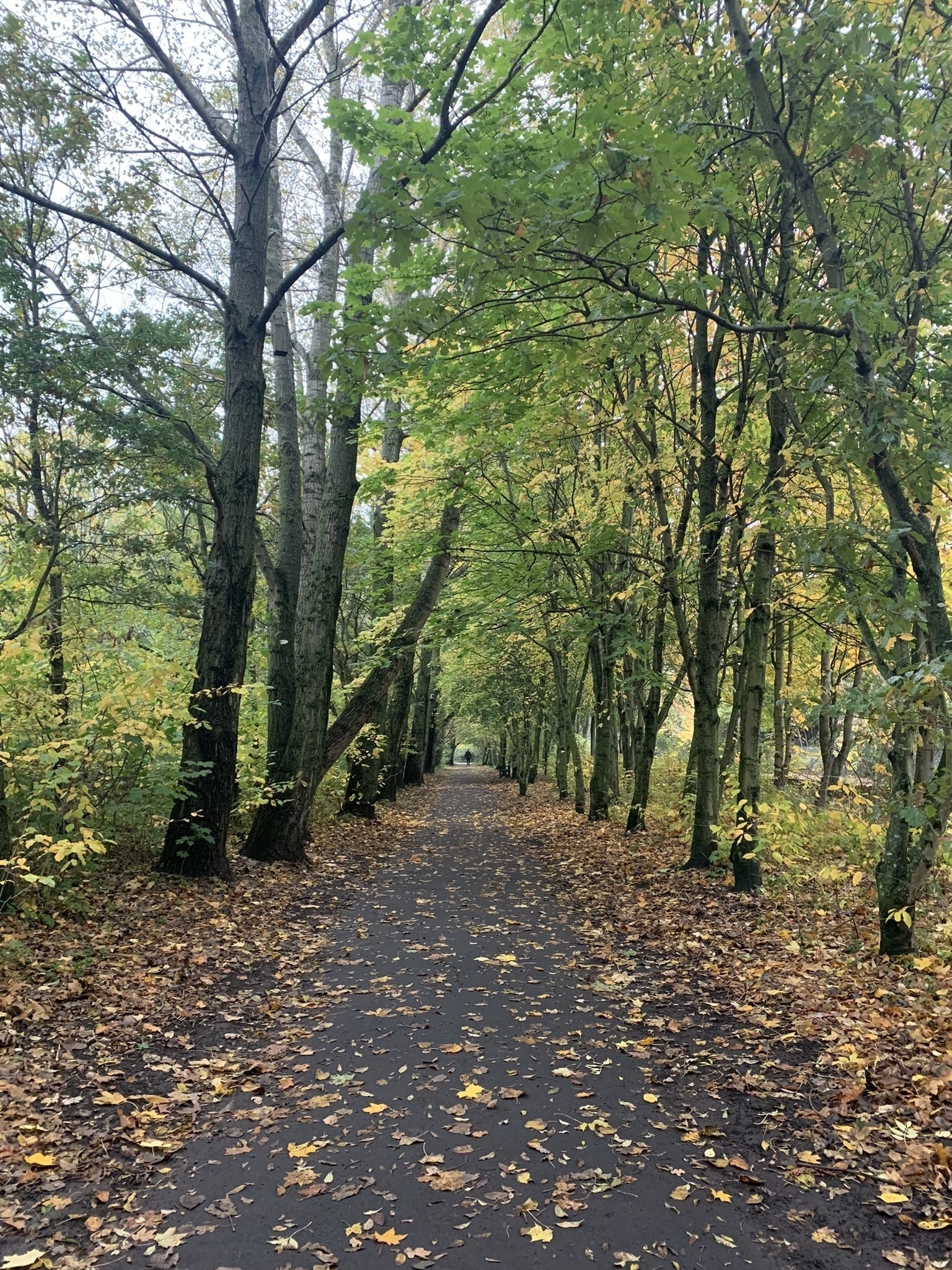 November
November
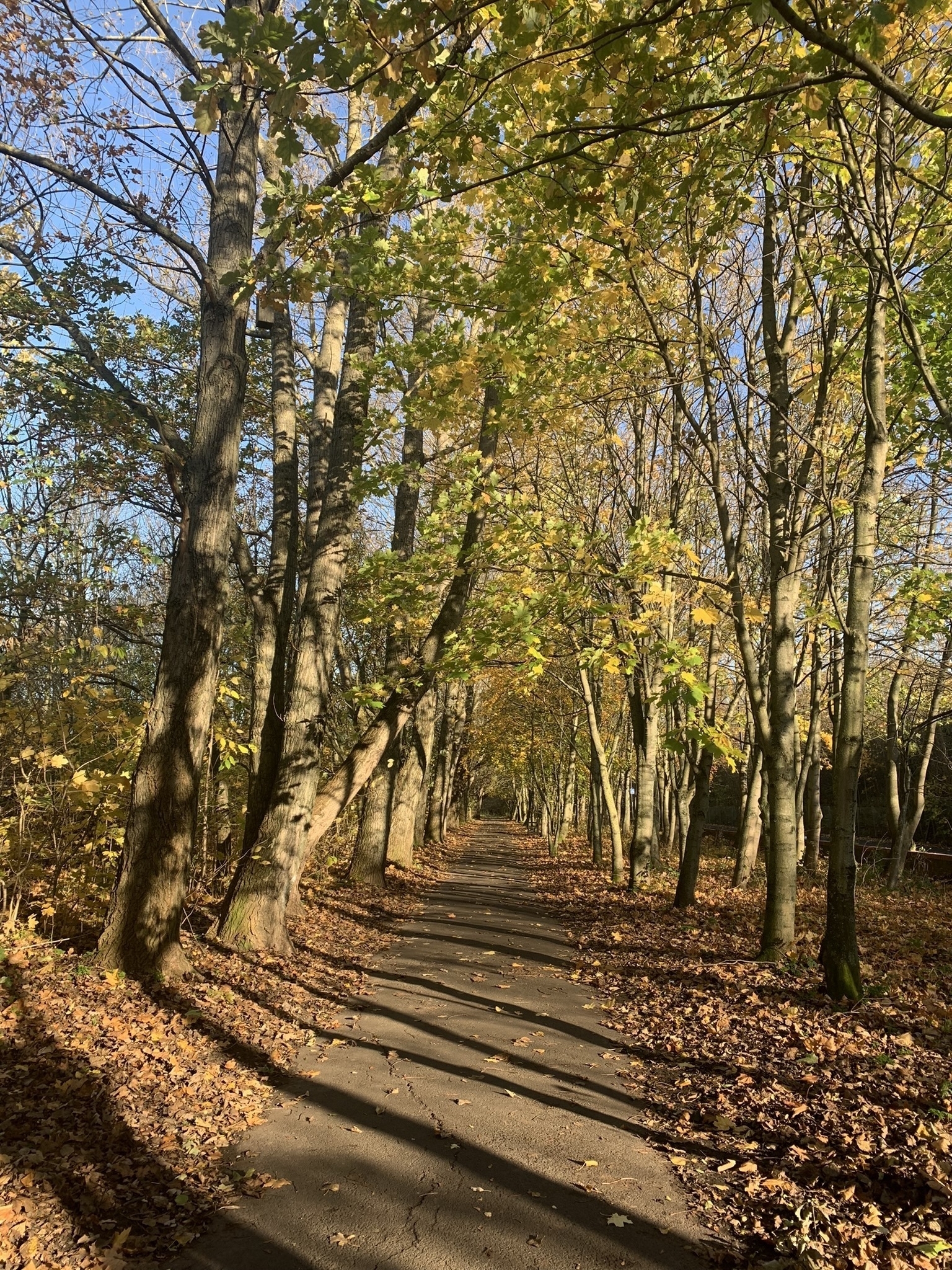 December
December
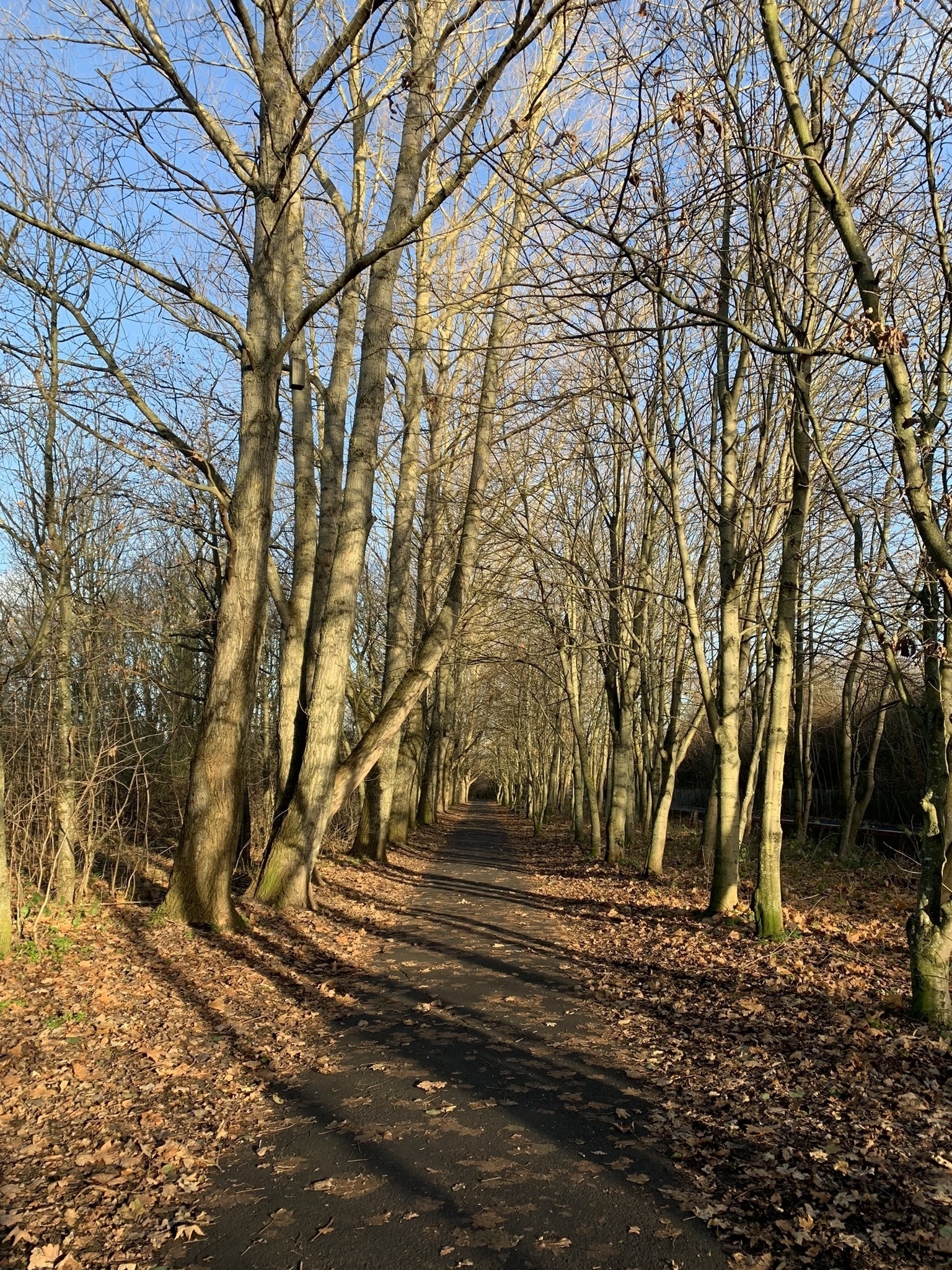
Weeknote 35/22
My week started with a couple of days off visiting family. On Monday I went to watch The Hundred at Trent Bridge with my sister and her family. My nephews (aged 3, 6 and 8) were beyond excited about their first live sport event (and getting to stay up late!) It was a great day out and our team won both matches.
On Tuesday we stopped off to visit my aunt and uncle on our way home. We raided their fruit trees, helped collect firewood and went out for lunch.
The time off over the Bank Holiday meant I had a three-day work week. Here’s what I spent my time on:
Over the weekend, I:
Weeknote 34/22
What happened this week…
📋 I took a new approach to setting my intentions for the week using three themes; things to finish, things to progress, things to think about. It turned out I had three items under each of the things (I didn’t set myself a limit, but I think that’s something to consider). When it came to review the week I found I’d checked off all the things I needed to finish and spent time working on or thinking about everything else. So I’ll keep going with this approach during September and see how it works out.
✅ A bit slow out of the blocks but we finally got everything set up for our next accountability group which starts on 2 September. We’ve switched from monthly intakes to quarterly and are going to spend the rest of this year looking at developments for a relaunch/refresh coming in 2023.
🛬 I ran the final session of my group coaching pilot on Tuesday. Now I need to collate feedback from the participants and consider how I want to develop the programme for the next group.
🤔 I spent two days in my co-working space… but was the only one in. considering what to rename it. Suggestions from mastodon: a singularity; a lair or den.
🔌 We had no Internet at home for most of the day on Friday which threw the end of my working week off course. I’ve done a little bit of catch up this morning (Saturday) to make sure I’m ready for next week as I’ll only be working three days.
🍻 I’ve found myself drawn into over socialising this summer. This week I’ve been grateful that I’ve rediscovered my ability to politely decline when invited out. I’ve learned my capacity is having things booked for a maximum of two evenings during the week and once at the weekend. There are a couple of exceptions to this rule; hanging out with my buddy and dates with my wife.
🏑 There’s been a lot of hockey admin this week ahead of the new season. Some people stuff too as we start to consider who will be in what squad.
🚘 I’m early with my weeknote because this evening we’re hopping in the car to head south and spend the rest of the Bank Holiday weekend with my sister and family.


